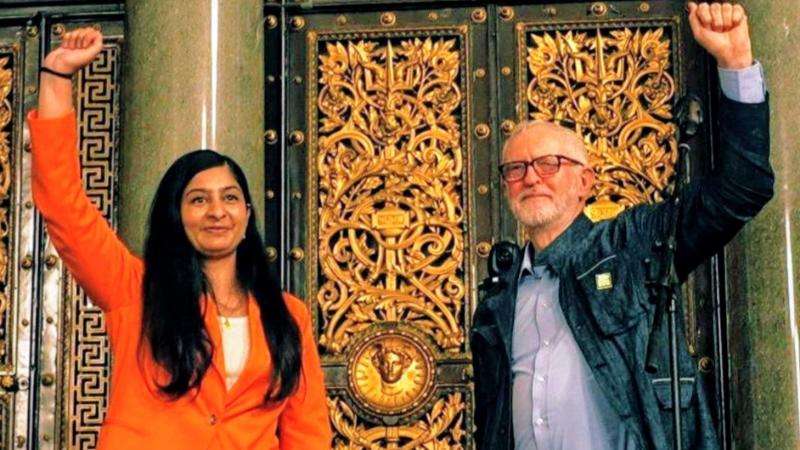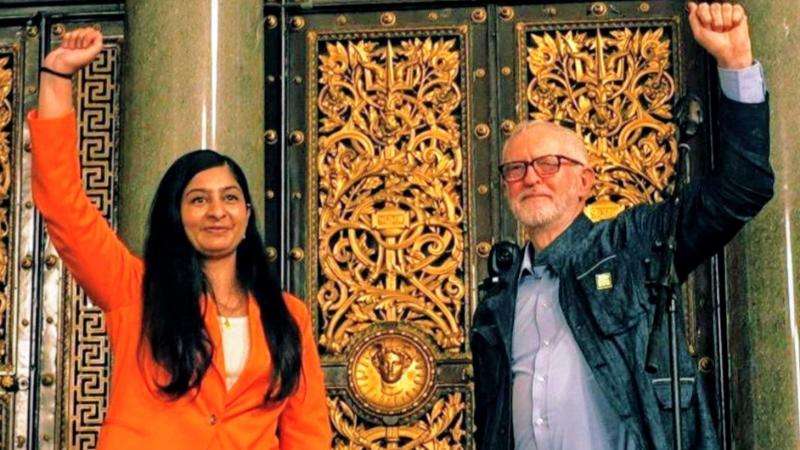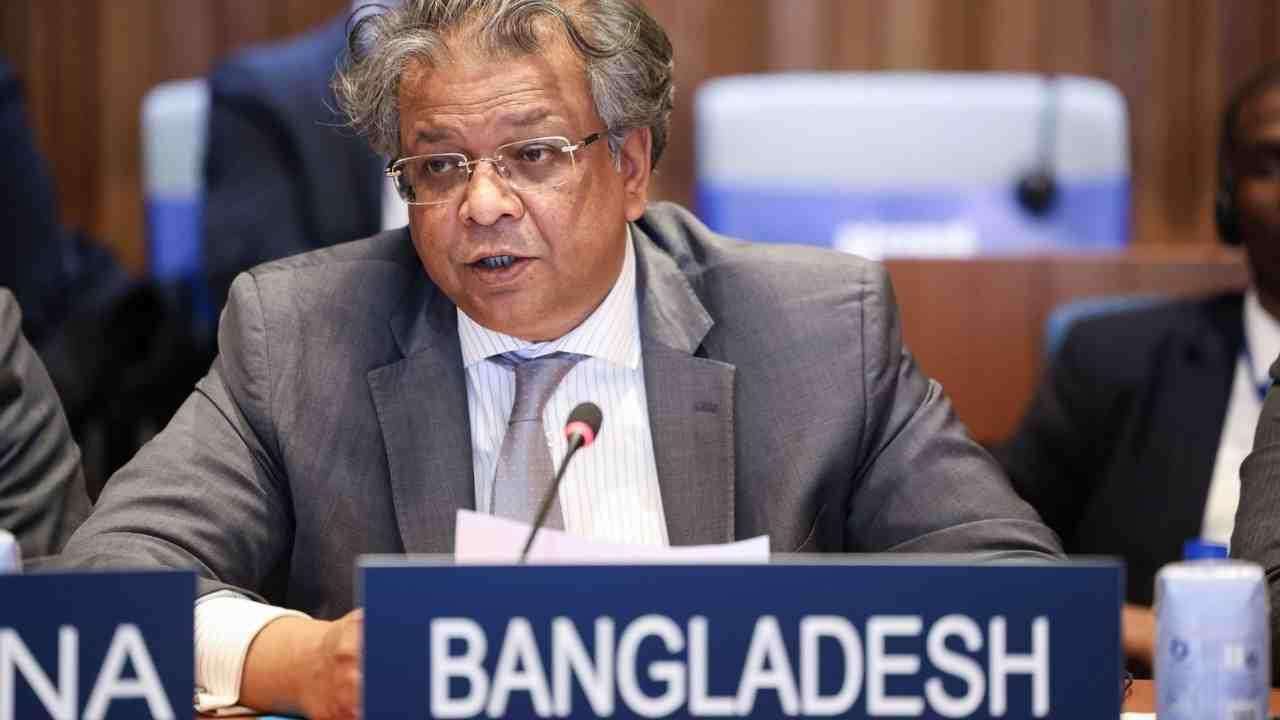The Royal Swedish Academy of Sciences today announced the winners of the 2025 Nobel Prize in Physics: scientists John Clarke, Michel H. Devoret, and John M. Martinis. The trio is honored for their pioneering experiments in the 1980s that proved the strange, subatomic laws of quantum mechanics can govern systems large enough to be held in your hand.
The award recognizes their "discovery of macroscopic quantum mechanical tunneling and energy quantization in an electric circuit." This work answered one of physics' most enduring questions: how large can a system be and still display quantum behavior? By constructing an electrical circuit using superconducting materials, the laureates demonstrated that collective groups of billions of charged particles could act as a single, unified quantum system. They showed that this macroscopic system could exhibit both quantum tunneling—the ability to pass through an energy barrier—and quantized energy levels, where energy is absorbed and emitted in discrete packets.
This revolutionary work was instrumental in establishing the field of macroscopic quantum coherence and laid the fundamental groundwork for the entire modern discipline of quantum technology. Their experimental findings directly enabled the development of superconducting qubits, the primary building blocks of some of the world's most advanced quantum computers and ultra-sensitive quantum sensors. The committee noted that their achievements have "provided opportunities for developing the next generation of quantum technology," promising to reshape computing, cryptography, and measurement science for decades to come.
The Laureates
The prize money of 11 million Swedish kronor (approximately $1.2 million USD) will be shared equally among the three recipients.
John Clarke
Professor John Clarke, an alumnus of the University of Cambridge, currently serves as a Professor Emeritus of the Graduate School at the University of California, Berkeley, where he has been a leading figure in experimental condensed matter physics for decades. Born in 1942, Clarke completed his undergraduate and doctoral studies in physics at Cambridge. His critical experimental skills were crucial in the design and execution of the superconducting circuit experiments that provided the definitive proof for macroscopic quantum phenomena, specifically demonstrating the phenomenon of quantum tunneling at an unprecedented scale.
Michel H. Devoret
Michel H. Devoret, a highly influential French-American physicist, holds positions at both Yale University and the University of California, Santa Barbara. Devoret’s theoretical insights and experimental designs were pivotal in transforming superconducting circuits into a controllable quantum system. His work in the mid-1980s, alongside his collaborators, not only confirmed a major tenet of quantum theory but also opened the door to the "circuit quantum electrodynamics" (cQED) architecture, which underpins many of today's efforts in building fault-tolerant quantum computers.
John M. Martinis
Born in 1958, John M. Martinis is a professor at the University of California, Santa Barbara. He earned his Ph.D. from the University of California, Berkeley, and has become a world leader in developing superconducting quantum computing hardware. Martinis was key in scaling up these groundbreaking experiments, demonstrating the practicality of using macroscopic circuits for quantum information processing. His ongoing work continues to drive the engineering and optimization of superconducting qubits, translating the foundational discovery into tangible technological advances for the quantum era.







_3.jpg)
.svg)


_6.jpg)